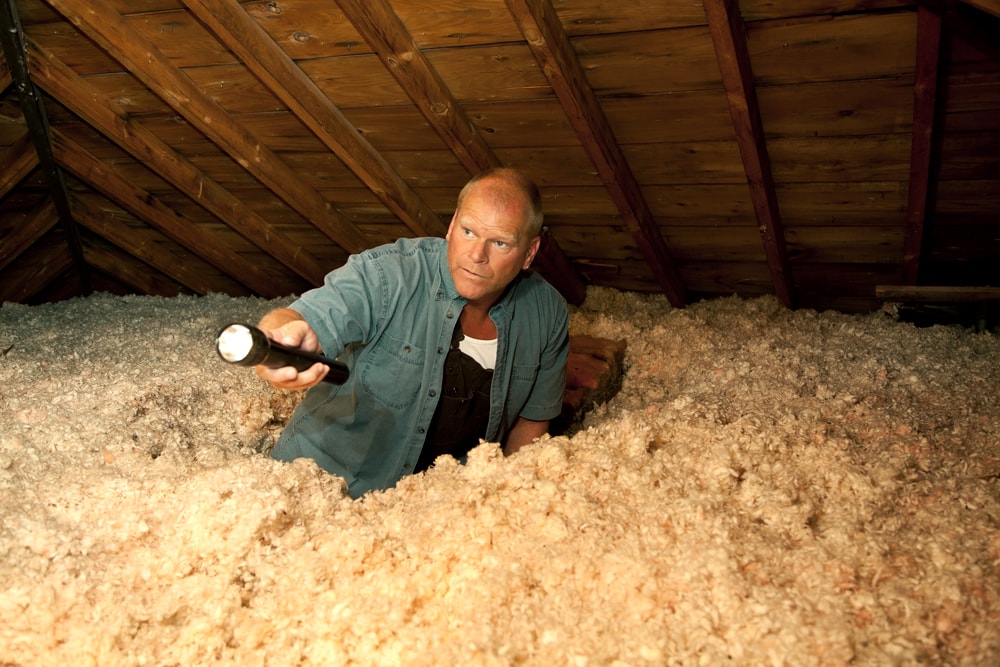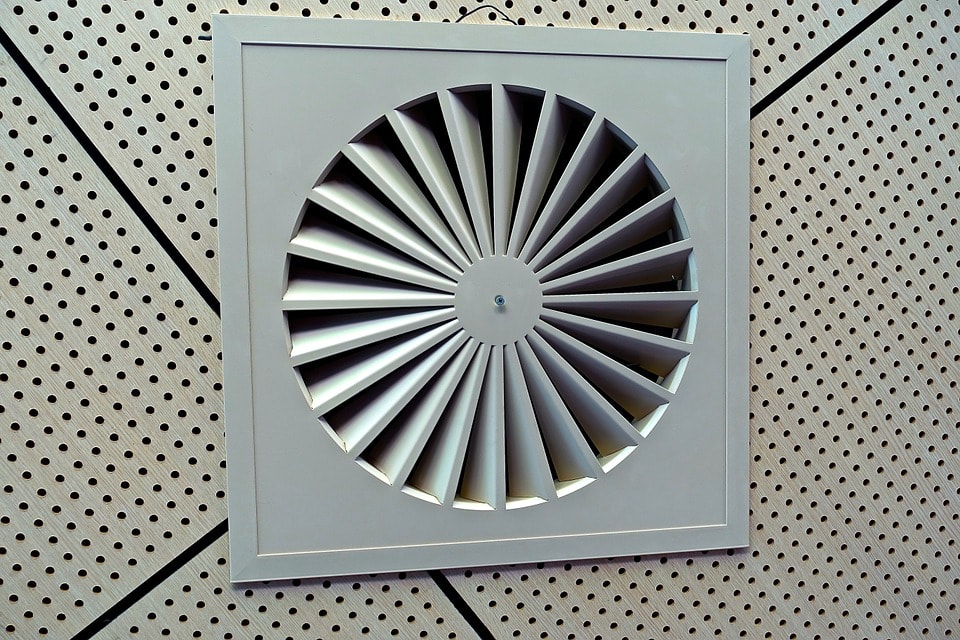Can You Connect A Bathroom Vent To A Kitchen Vent
The quality of your indoor air is important, and one way to keep it healthy is to ventilate the moist air and odours created in kitchens and bathrooms. Home ventilation is important in all homes, but especially in newer construction, since new homes are built to have good insulation and tight air seals that prevent air movement.
I always say nothing lasts forever unless you make sure it does, and that includes your house. As a homeowner, you need to understand the importance of exhaust fans and proper ventilation and how to properly install and operate them. This is key for removing excess moisture from your indoor air, and we all know that moisture can lead to mold. Effective ventilation ensures that you have good indoor air quality.
A lot of people don't realize that a home's ventilation system plays a huge role in its durability. Think of the HVAC system as your home's lungs–clean efficient airflow is essential to maintain its health. Proper airflow can help prevent mold, which causes extensive damage in a short amount of time. But even more important is the role ventilation plays in your family's health. When the majority of our day is spent indoors, air quality becomes an even more important issue for the people living in the home.
Here's what you need to know about ventilation fans in your kitchen and bath:
Kitchen Exhaust Fans
Delicious aromas may be part of good cooking, but we don't always want the odours from one meal to linger around until the next, or for them to spread further into additional living areas. Also, moisture—which is potentially very damaging– grease, heat and even carbon monoxide from gas range combustion can be dangerous.
In my opinion, hood fans that exhaust back into the house—even if they are filtered—have limited effectiveness. They don't really take the heat and moisture or cooking odours anywhere—they just move it around.
Bathroom Exhaust Fans and Ventilation
Bathrooms create odours too, but the moisture they can generate is potentially far more serious, since the average shower produces an enormous amount of water vapour and steam. If that warm, wet air isn't properly vented, it will find its way into your walls and ceilings and cause a lot of problems.
After your shower, make sure you run that exhaust fan for 30 minutes or so. Don't make the mistake of just running it for a few minutes and thinking the job is done. Also, you need to keep the door or a window open a bit when the fan is running. If the bathroom is sealed while the fan is on, there is not enough air present to draw air and properly exchange it—and the fan can't push the moist air outside. If the airflow in your bathroom is restricted, your fan's power will be reduced significantly.
RELATED
DO'S AND DON'TS OF YOUR BATHROOM RENO
Venting Into The Attic?
Whatever you do, don't vent your fans into the attic—they need to exhaust directly outside. The moisture and heat will help create the perfect conditions for mould to grow—and to grow quickly. I've seen the damage that can result from ventilation fans releasing air into attics, walls or ceilings, or roof soffits. It causes rot that can destroy your home's structure.

Exhaust systems must be discharged to the outdoors. There's a good reason it is completely against building code to vent exhaust systems into attics—it's critically important to vent to the outside, to get rid of moisture.
Installing a New Exhaust fan
Make sure you buy and correctly install the right fans for the job. You can test your fan's strength by holding a tissue up to it when it's on. If the fan's suction will hold the tissue in place, it's fine—if not, replace the fan.
For bathrooms up to 100 square feet in size, you should have an exhaust fan provide a minimum of 1 cubic foot per minute (CFM) per square foot of floor space. I'd go higher—especially in a larger bathroom, or one with several fixtures or a jetted bathtub.
A kitchen range hood moves more air than a bathroom fan and they tend to be louder depending on the speed they are set to. Usually, an average size range requires air removal at the rate of 120 CFM when using an overhead vent hood.
But be careful not to overdo it–high-capacity exhaust fans and range top fans can cause chimney 'backdrafting'. This occurs when air is drawn down into the chimneys, potentially bringing dangerous combustion exhaust gases into the house. If you have these high-draw fans you will need a matching supply-air fan to balance house pressure.
Ducting
Make sure your contractor installs the fan so the ducting has as short and straight a run to the outside as possible, so the fan works more efficiently. If the exhaust duct has to turn or go a long distance, you might want to consider a fan with a larger capacity.
The best exhaust paths are made using solid, smooth ducting—not ribbed or flexible which impede air flow. And, where the ducting runs through unheated spaces, you have to make sure they are properly sealed at every seam, and insulated. Without it, the cold air surrounding the ductwork will cause condensation and leaks.
Maintenance for Your Exhaust Fans
You should clean your exhaust fans twice a year. Just remove the cover and check it for dust build-up.

You'll be surprised how much has collected, and that dust reduces your fan's performance significantly. Photo from pixabay.com
Leave The Exhaust On
Let the fan do its job! Many people don't leave on their fans long enough for them to be effective. It's recommended they be left on for 20 or 30 minutes after the source of the pollution has been eliminated. Better yet, get one on a timer so you don't have to remember.
READ NEXT
TOP 10 KITCHEN PROBLEMS AND SOLUTIONS
Can You Connect A Bathroom Vent To A Kitchen Vent
Source: https://makeitright.ca/holmes-advice/home-safety-maintenance/ventilation-in-kitchens-bathrooms/

















